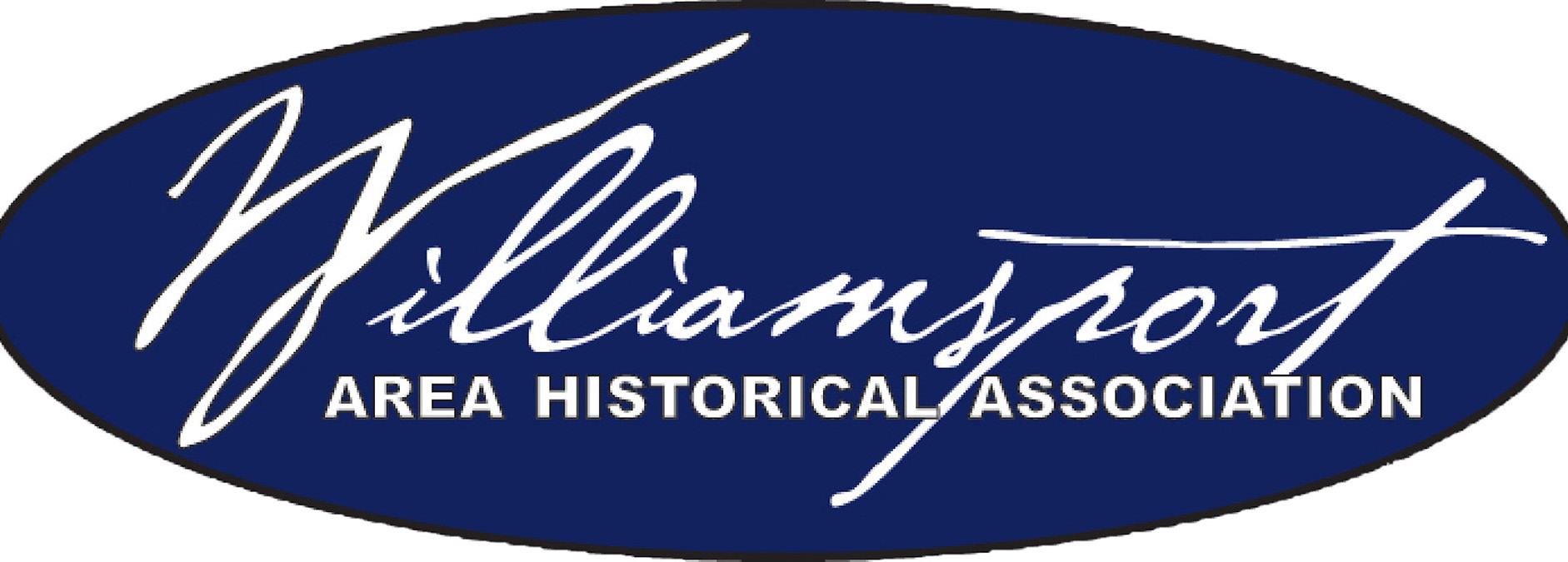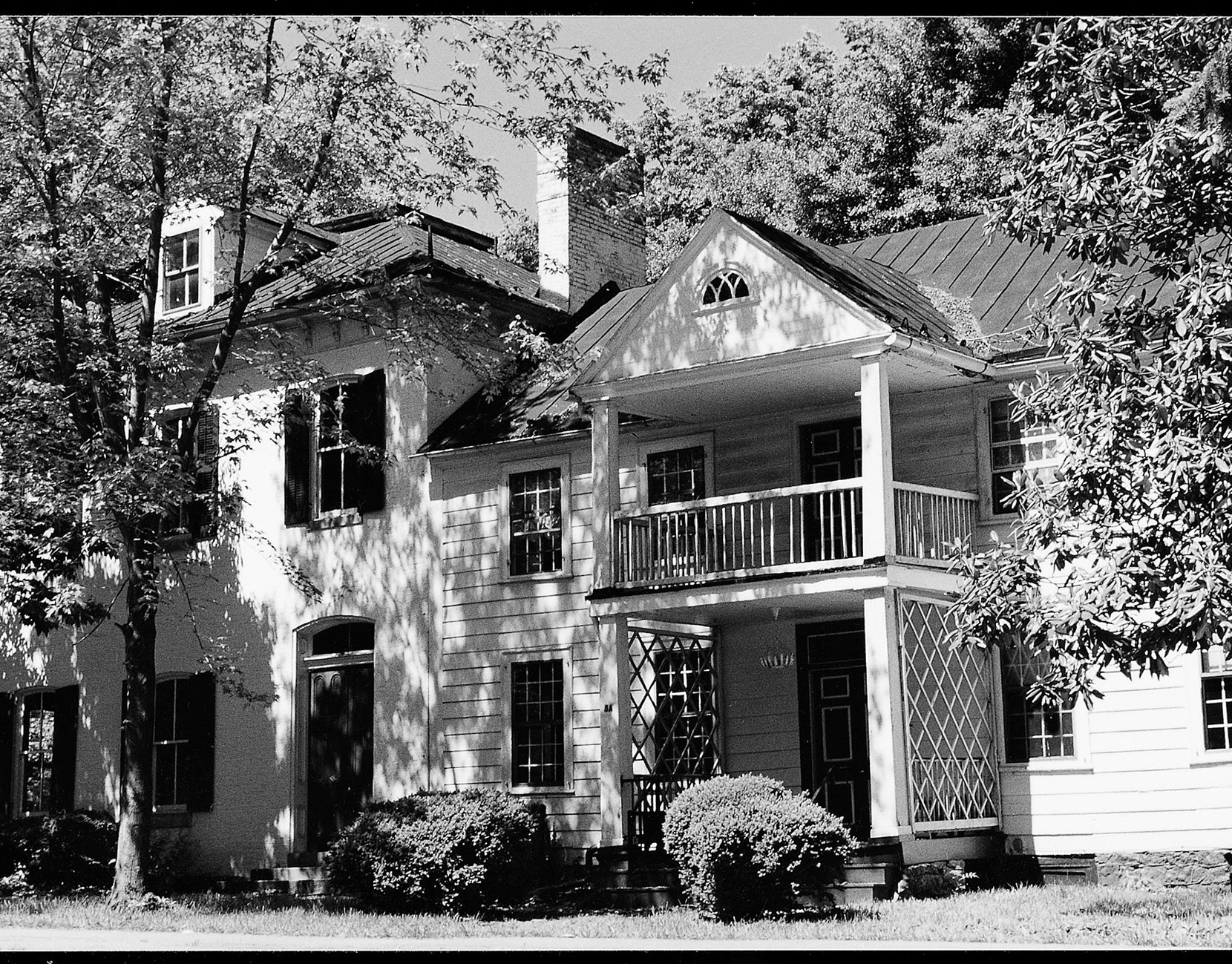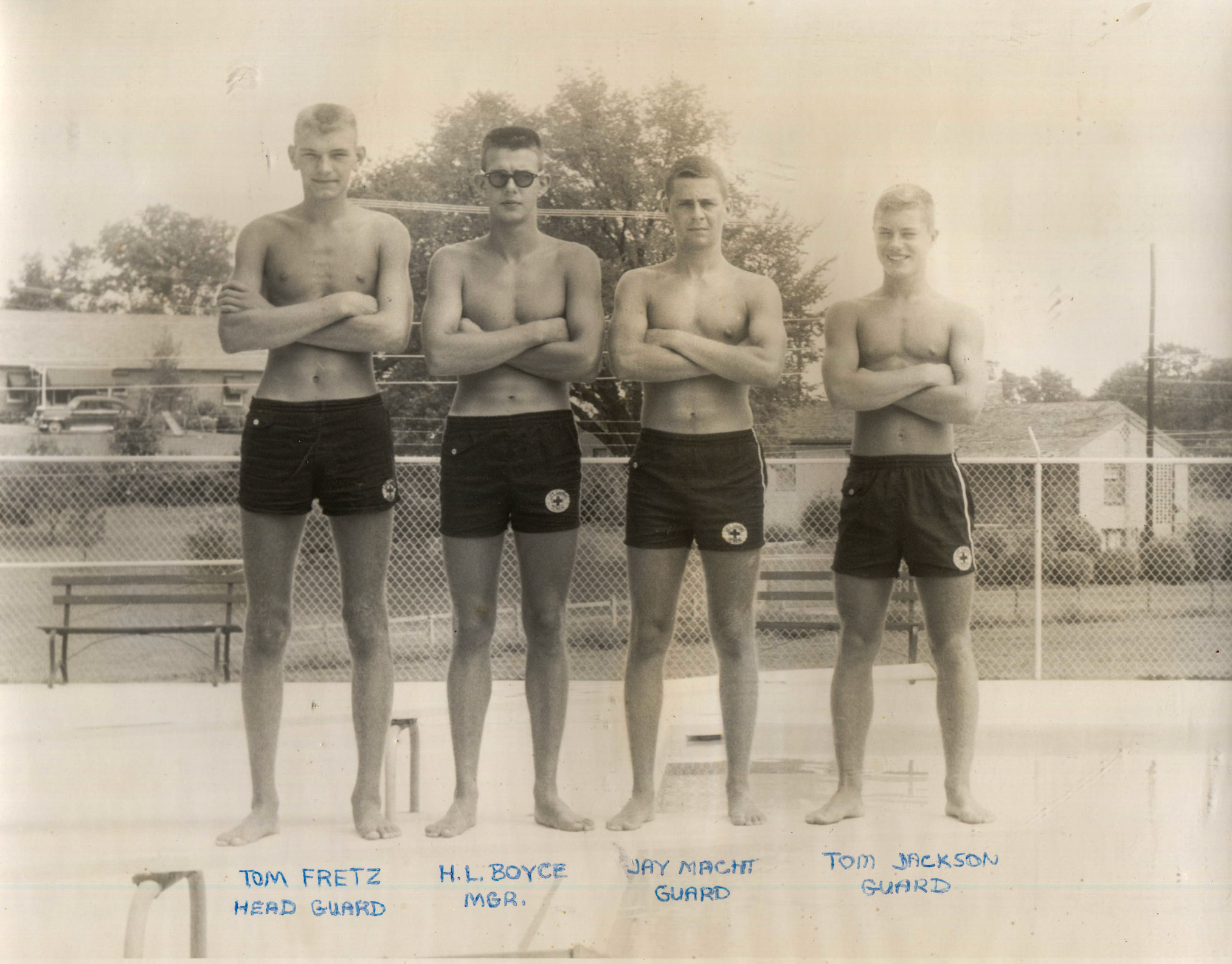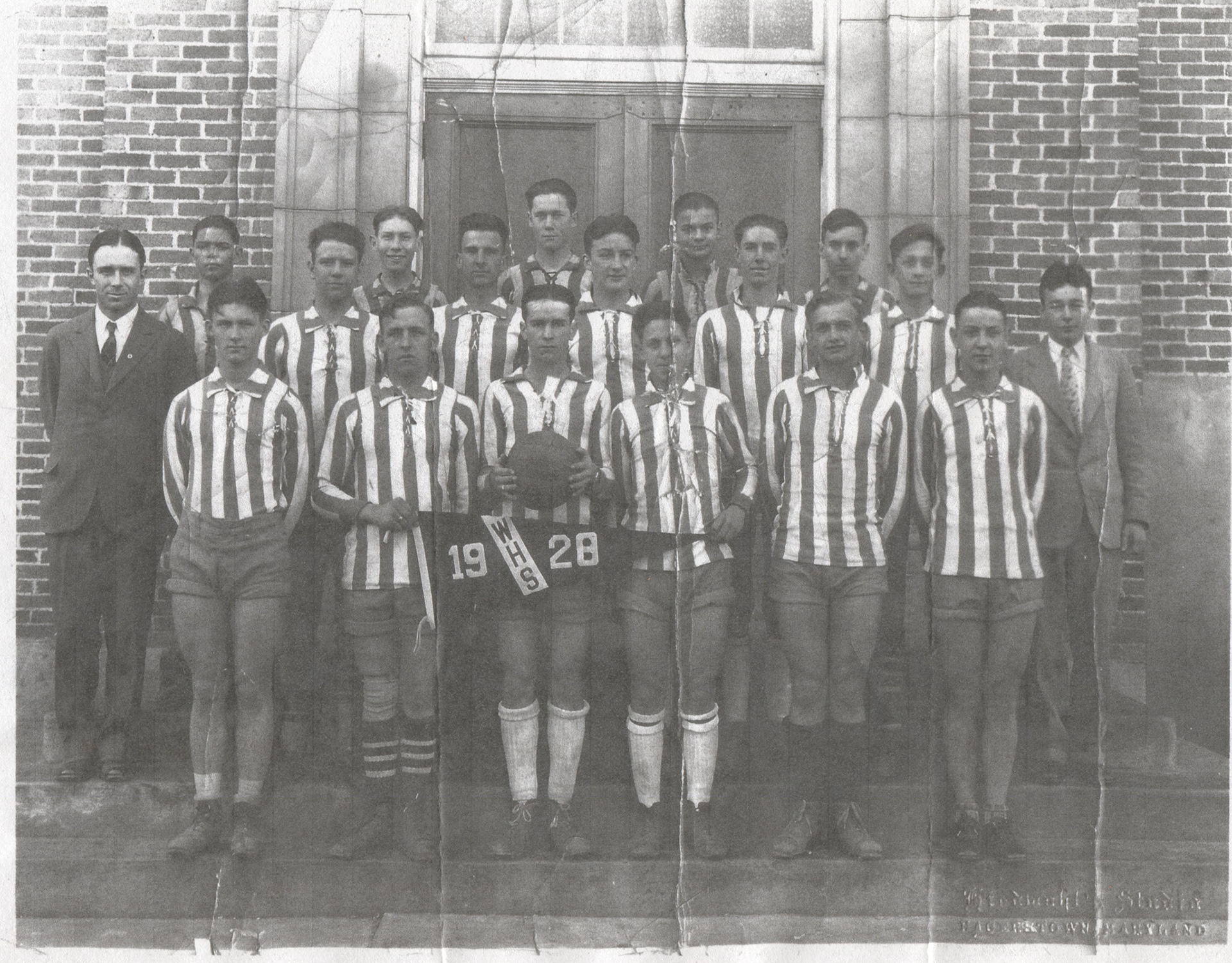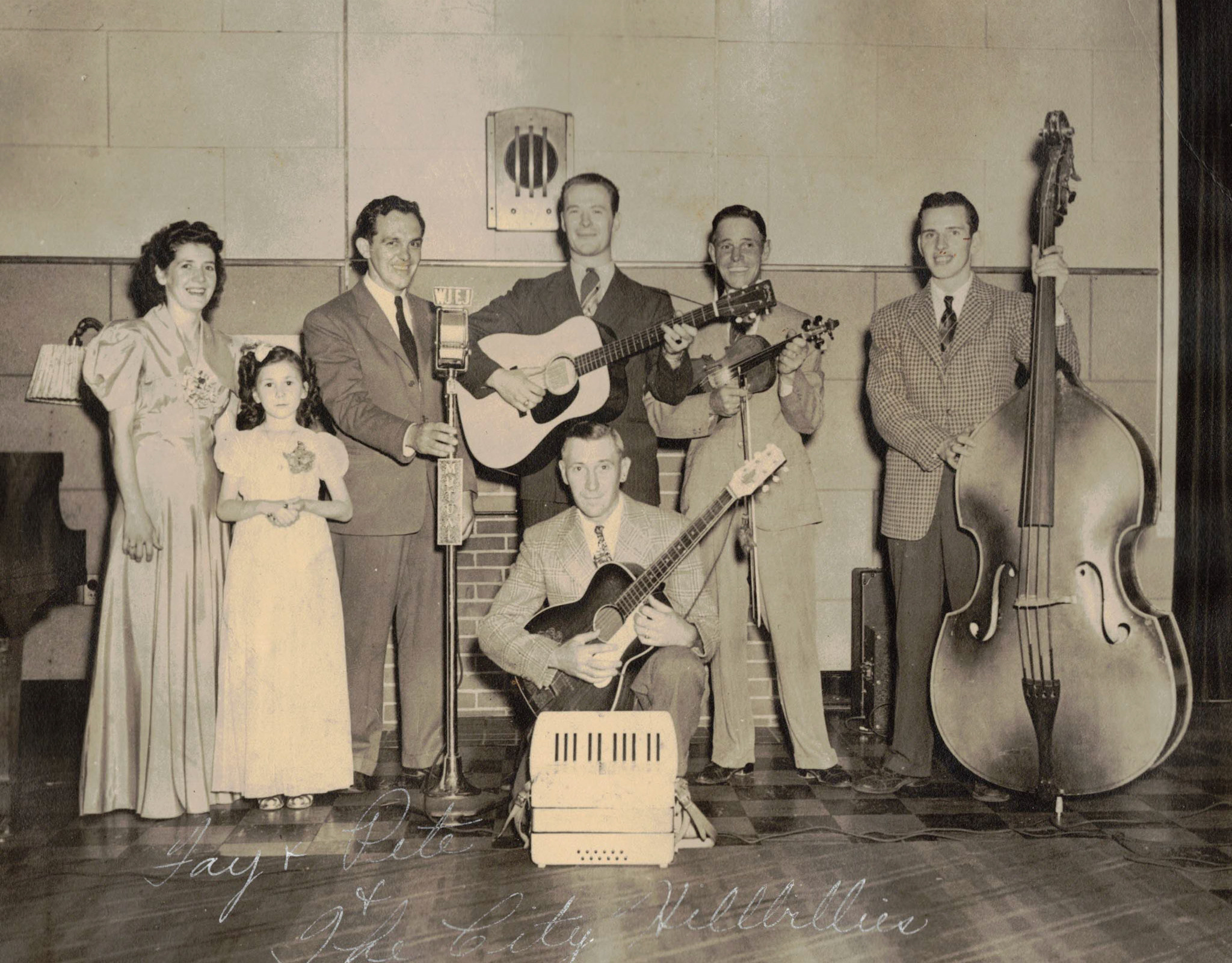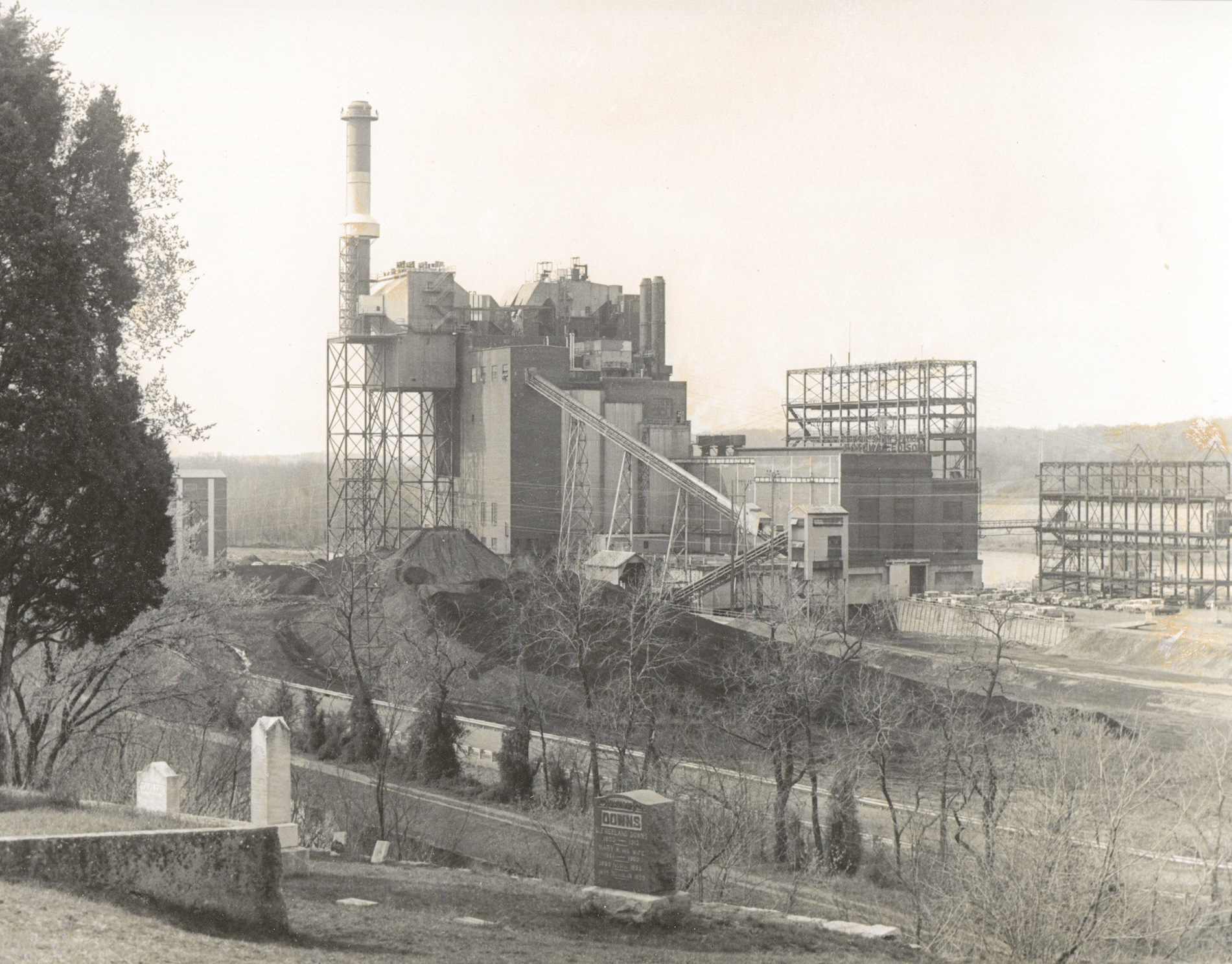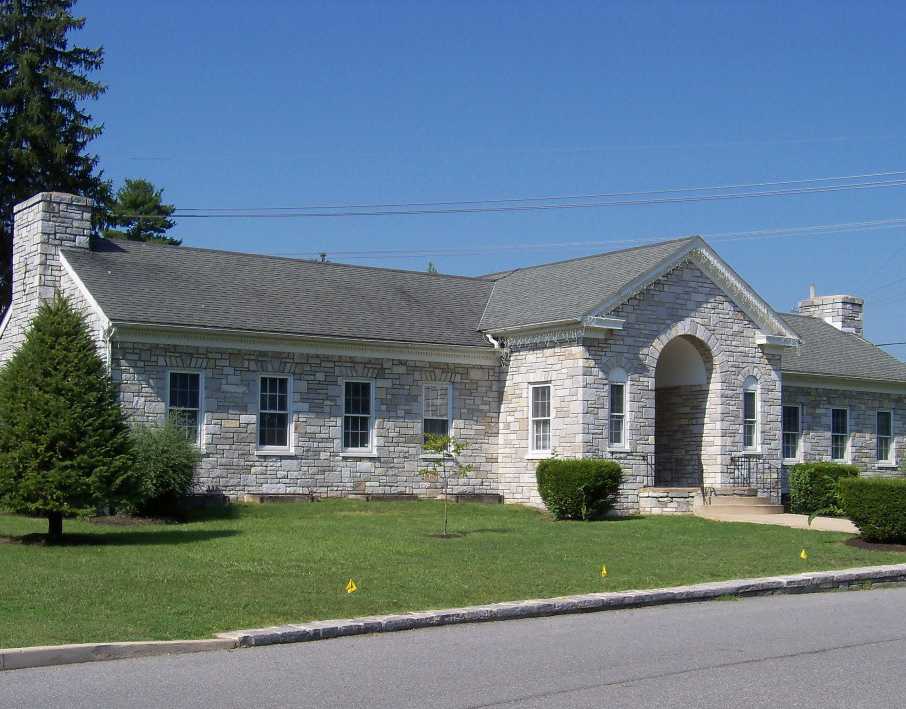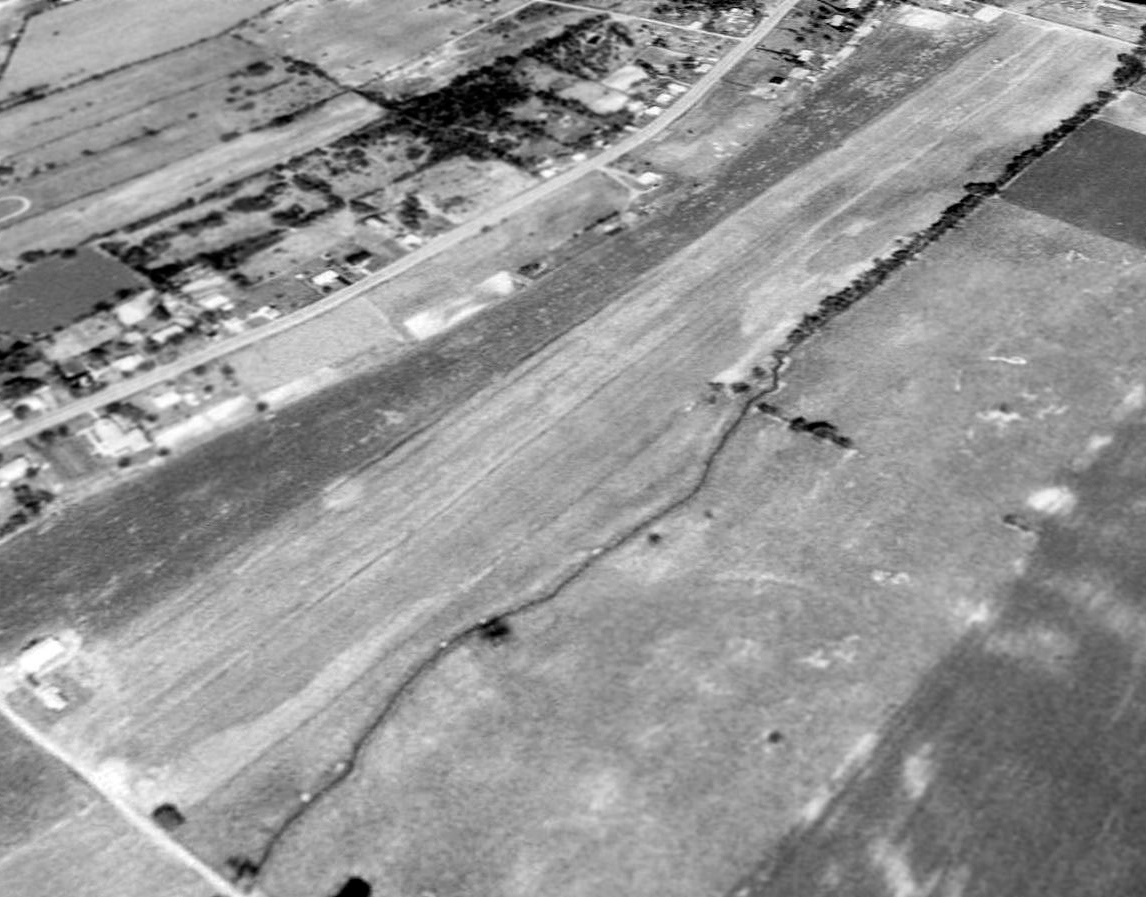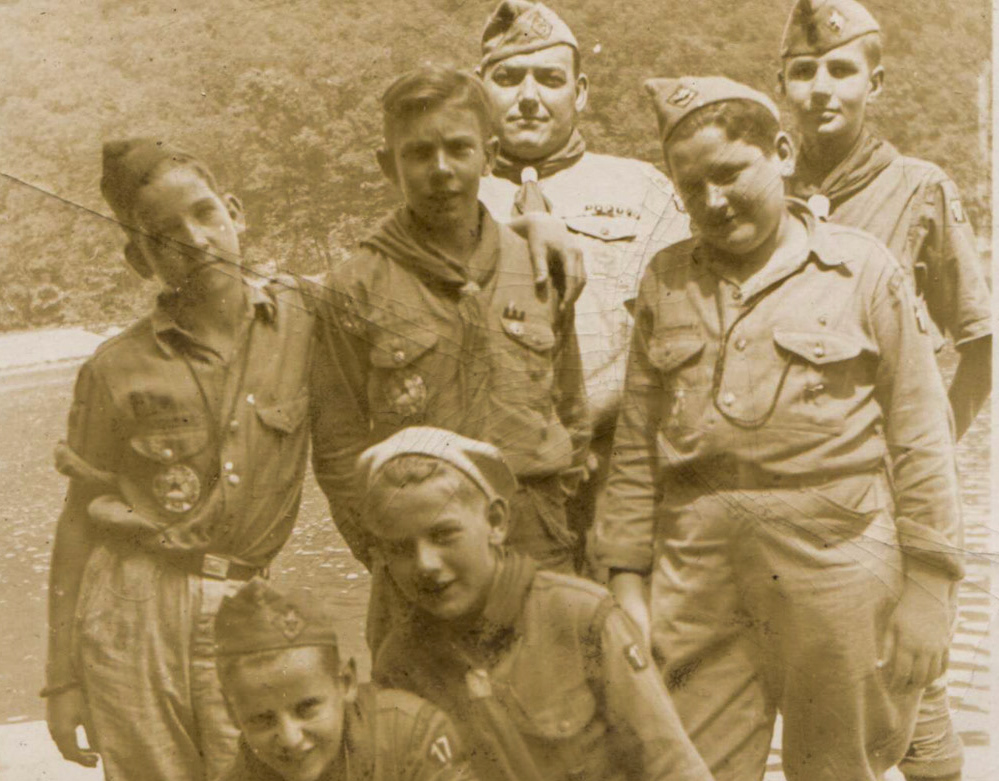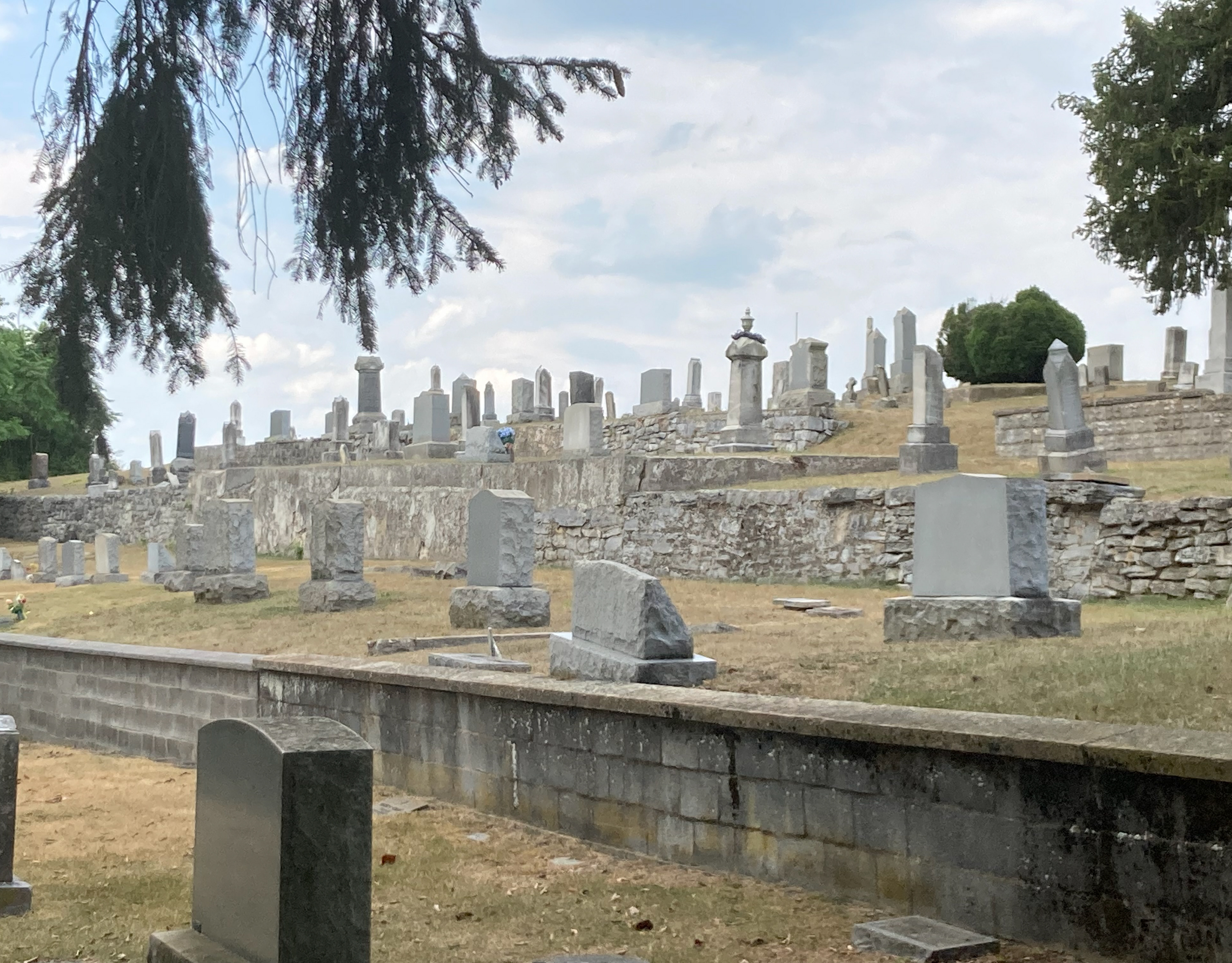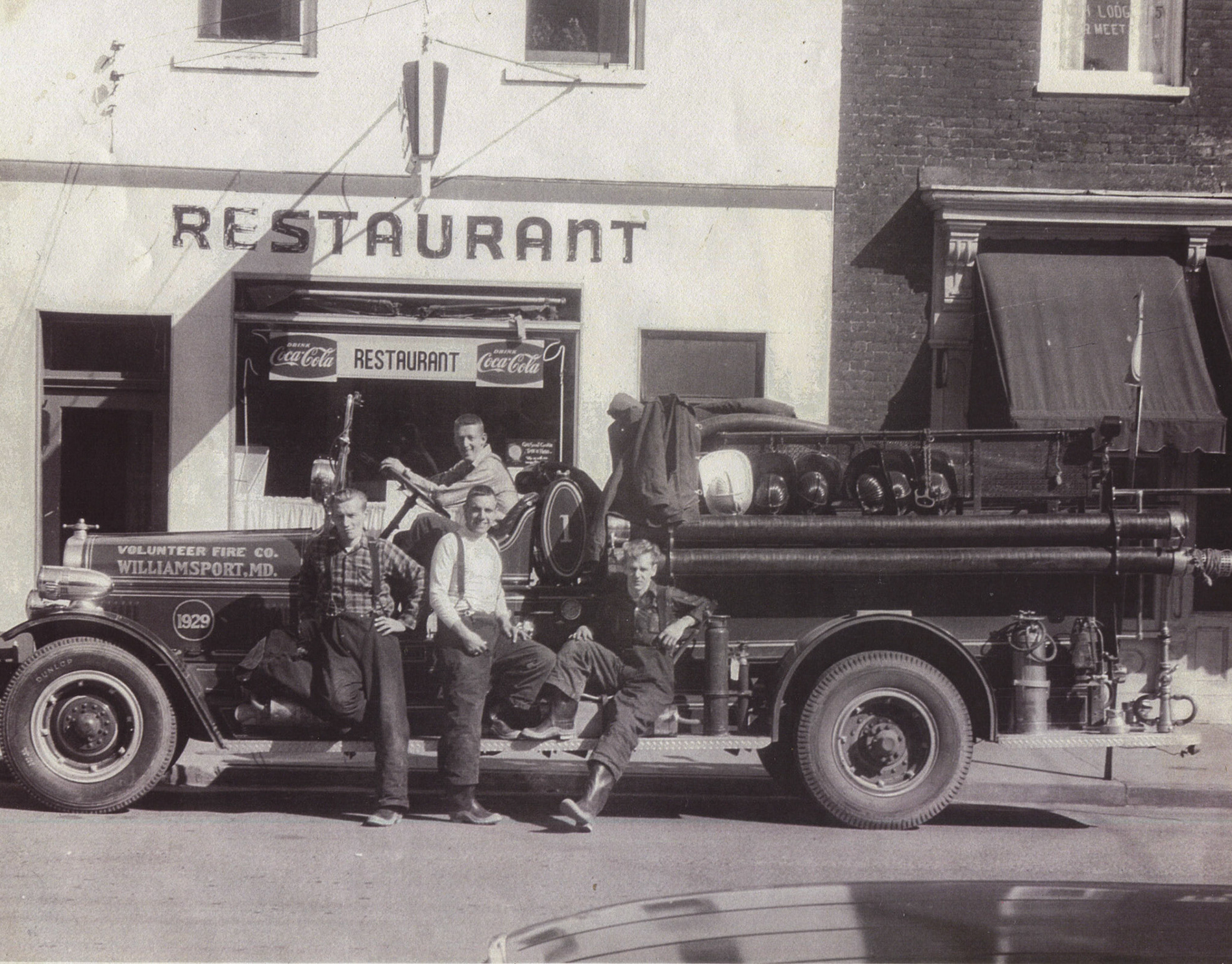January 11, 1898
As the good citizens of Williamsport prepared to retire on the cold, moonlit night of Tuesday, January 11, 1898, several rowdy young men hurried down Potomac Street to Barry's Saloon, their favorite Williamsport watering hole. The tavern was an early wood frame building on the corner of Potomac Street at Vermont Street that some called "an eyesore to respectable persons."
A Tavern Gang about 1890 representative of what the Whooly-Gooly Gang would have looked like.
The proprietor of Barry's Saloon was 22-year-old Thomas "Tom" Barry, the son of Irish immigrants. For several years, gathering at Barry's Saloon was a nightly ritual for the approximately ten young men who called themselves the "Whooly-Gooly Gang." The gang usually limited their evenings to playing pool and drinking whiskey in the back room of the tavern they called the "grand jury room." Most nights, they could stumble home; if not, they passed out on the floor.
These young men were not unknown in the community; most were sons of prominent businessmen in the town. Young and arrogant, the men's escapades soon escalated from simple mischief to more severe crimes—breaking into homes, damaging property, racing horses and carriages through town, injuring townspeople, and public drunkenness.
In April 1897, Charles Harrison, a black citizen of Williamsport, died in Barry's Saloon from what Tom Barry later testified was "an excessive amount of liquor consumed on a wager." Other witnesses testified that Harrison had only three drinks and suggested that the rye served to Harrison was tainted. There was insufficient evidence to convict Barry of wrongdoing. Townsfolk became alarmed when the gang stole several sticks of dynamite that they threatened to use on anyone who testified against them.
Eight months earlier, it was thought the gang would break up when the supposed leader of the gang, Jack Lemen, son of a town merchant, was sentenced to twenty years in jail for the attempted rape, assault, and slicing the throat of 18-year-old Elizabeth "Lizzie" Taylor, daughter of William E. Taylor owner of Taylor's Hotel. Lizzie survived the attack but spent months recovering. Lemen blamed his actions on the excessive use of intoxicants, stating the whole affair was blank to him being "crazed by whiskey."
On the evening of January 11, 1898, the gang committed their final crime that unified Williamsport's citizens to end the Whooly Goolys. Tom Barry, Harry Loy, Samuel Newcomer, Ott Sharer, and John Harsh, all fairly well pickled with drink, stumbled out of the saloon and up to the town cemetery. John Harsh (who later turned state's evidence) and Newcomer kept watch while Barry, Loy, and Sharer crawled over the iron fence into the cemetery. The gang overturned, vandalized, or destroyed ninety-four tombstones and monuments. After leaving the cemetery and not quite finished with the evening's revelry, the gang broke into the Lutheran Church and smashed the church organ before calling it a night. The desecration of the cemetery and organ was the final atrocity for the townspeople who had stoically endured the gang's mischief for several years.
The citizens of Williamsport demanded retribution for the destruction at the cemetery. It was evident extraordinary means were needed to bring the gang to justice. Sheriff Seibert and State's Attorney Wagaman sought help from outside the county and hired Jerry Allen, a detective with the International Detective Agency of Baltimore.
Under the alias of Jimmy Murphy, Allen arrived in Williamsport on January 24, 1898, with a prearranged job at the W. D. Byron tannery. Allen quickly made himself known as a hard-drinking, fun-loving, popular fellow and was soon a regular at Barry's Saloon. Within the week, Allen had collected sufficient evidence to justify warrants for the arrest of the five gang members. As warrants were being prepared, gang member John Harsh elected to become a witness for the state.
The trial was held on March 1, 1898, in Hagerstown, with thirty-five witnesses for the prosecution and eighteen for the defense. After the testimony, the jury deliberated for only thirty minutes before finding Thomas Barry, Harry Loy, Samuel Newcomer, and Ott Sharer guilty of malicious mischief for desecrating the River View Cemetery. They were sentenced to twelve years in the penitentiary.
After serving only three years of his sentence, Samuel Newcomer became ill with consumption, and his family petitioned the Governor for release. He was pardoned in 1901. One year later, in August of 1902, the fervor and outrage having subsided in the town, the Governor pardoned Barry, Sharer, and Loy.
Samuel Newcomer returned to Williamsport, where he died in 1906 at age 29. He is buried in River View Cemetery. Harry Loy moved to Pittsburgh briefly, later returning to Williamsport, where he died in 1907 at age 34. He also is buried in River View Cemetery. Thomas Barry moved to Washington, DC, to be with his mother, who moved there after the trial. He later moved to Charleston, WV, where he was killed in a railroad accident in 1911. His body was returned to Washington County, and he is buried in Rose Hill Cemetery with other family members. Ott Sharer was never heard from again.
River View Cemetery is one of the oldest cemeteries in Washington County. Sadly, over the years, it has been vandalized several times. Today, anyone who interferes with a cemetery or burial ground by removing any monument or gravestone is guilty of a class C felony punishable by a mandatory minimum $500 fine up to $10,000, one to ten years imprisonment, or both. A person who obtains property (cemetery stones or monuments) by false pretense is guilty of larceny.
